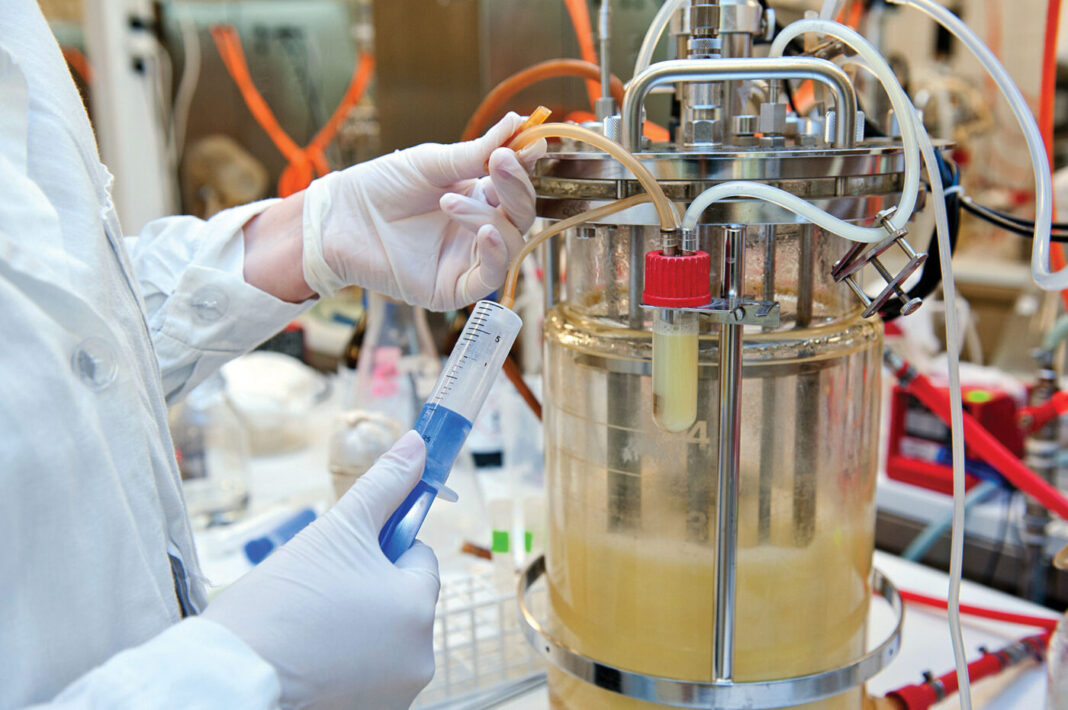A team from Takeda Pharmaceutical has developed a new model for monitoring bioreactors that could speed up process development. The scientists used Lonza’s Modular Automated Sampling Technology (MAST) to pull samples from a non-GMP bench-scale bioreactor and send them to analytical instruments for real-time analysis.
Compared to using a traditional bench-scale model with laboratory sample testing, the Takeda group reports a 10-fold reduction in data turn-around times and more than 65% reduction in full-time laboratory resources.
“Current offline sample testing approaches have long data turn-around times, are expensive and require extensive resources,” writes Zachary Houle, PhD, a senior development specialist in Takeda’s bioprocess development group whose work resulted from a cross-functional collaboration. “Automated sampling means we can sample 24 hours per day instead of working within the normal working hours, allowing more process data to be captured.”
Houle is due to present his results at BioProcess International on September 21 in Boston.
The team, which consisted of upstream and downstream engineers and analytical scientists, say the MAST was a novel sample technology to the industry.
Using the MAST to collect samples, they report passing them onto a variety of instruments, including a BioProfile® FLEX II automated cell culture sampler, ultra-high-performance liquid chromatography and Gilson liquid handling tools.
The researchers claim to be able to monitor bioreactor attributes including titer, aggregation and charge variants.
“Monitoring online attributes […] allows for minimal lag time between experiments, which in turn allows for overall faster timelines within the process development space,” says Houle.
The team hopes to take their work into further bench-scale and pilot-scale development. Future plans include moving the sampling system into GMP to reduce manual sampling. They also hope to use the model to improve their understanding of product design space, while incorporating Quality by Design (QbD) principles.


